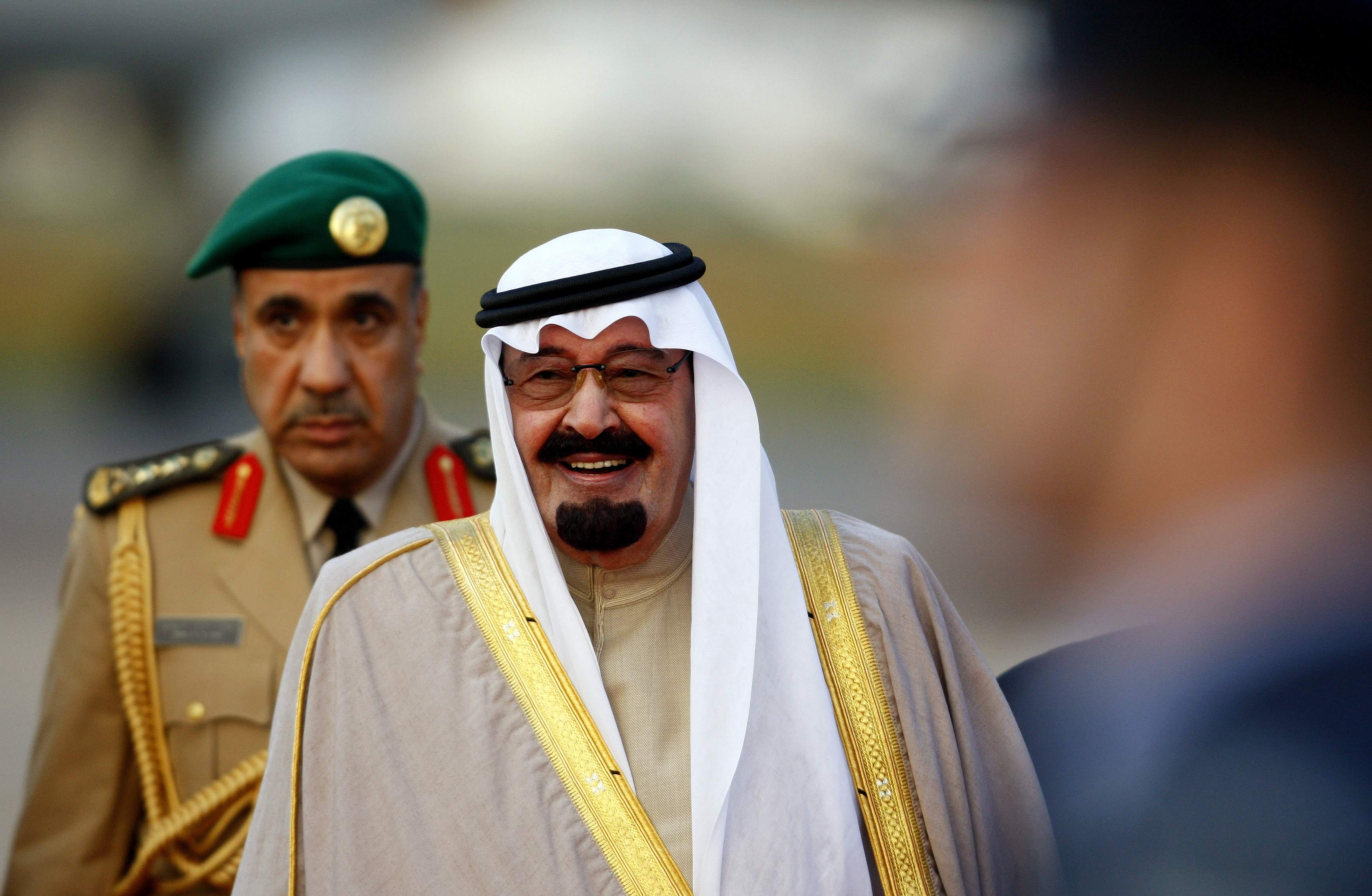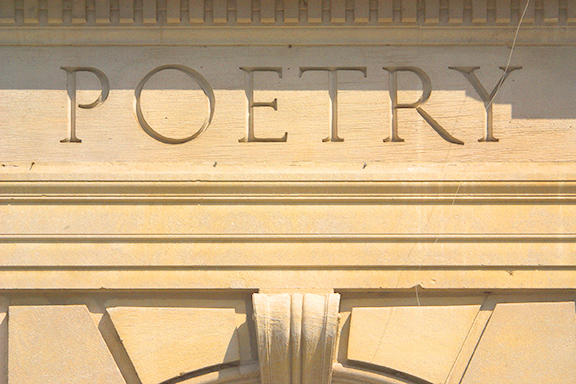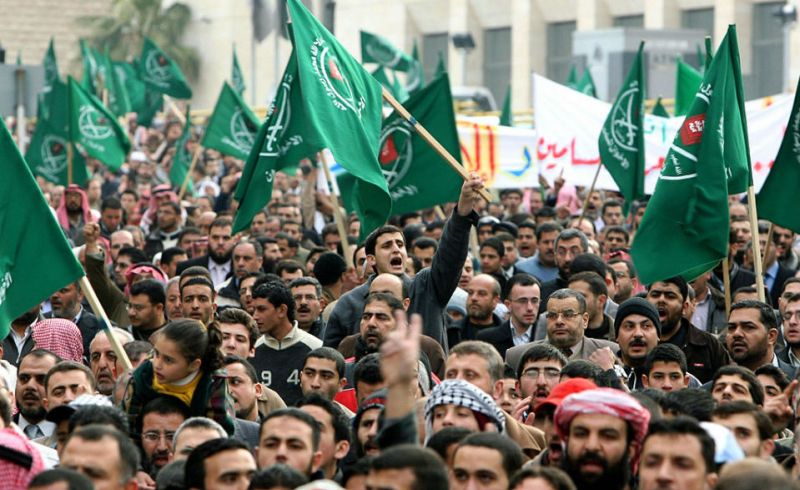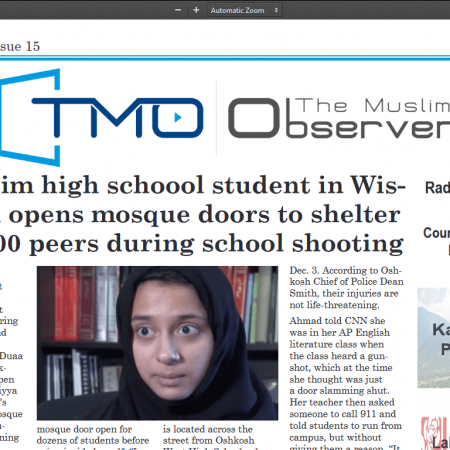Arab and Iranian Media See Sliver of Hope Amidst Drums of War
Courtesy New America Media, News Analysis, Sandip Roy
SAN FRANCISCO–When Jamal Dajani looks at Arab media these days he can only hear “the drums of war.†Months before Seymour Hersh was writing about contingency plans for a 24-hour strike on Tehran, Arab media says Dajani, director of Middle East Programming for LinkTV, was already bracing “for some kind of strike in the near future – the question was whether it would be conventional or a limited strike on nuclear facilities.â€
That is the nightmare scenario that Hossein Hedjazi dreads. Hedjazi who has been hosting a Farsi language radio show on KIRN-670 AM in Los Angeles for seven years warns that any such attack “will be a disaster.†He is afraid not just for the damage Iran would sustain but also that “the attack could reinvigorate the position of the mullahs.â€
Hedjazi says there is little love lost between the Iranian diaspora and the regime in Tehran. Iran watchers like him have been hopeful that with spiraling inflation, rampant unemployment, growing numbers of disaffected youth and women, President Ahmadinejad might have been sowing the seeds of his own downfall. Elections in December 2006 saw many of his candidates badly snubbed. Even the Supreme Leader Khamenei in Iran has signaled that President Ahmadinejad’s inflammatory comments are not helpful. Hedjazi says rumors are rife in the Iranian community that despite Ahmadinejad’s efforts to position himself as the only Muslim leader in the region who can stand up to Israel, Ahmadinejad might find his four year term cut down to three.
But a strike by the U.S. could change all that, consolidating his power base. “Only a minority think that a destructive strike would make the mullahs fall apart and the people would rise up,†says Hedjazi. Though many of the Sunni governments in the region watch Iran’s growing power with trepidation, Dajani says they are caught between Iraq and a hard place. If they truly lend their weight to the struggling Shia-dominated Al Maliki government in Baghdad as Condoleezza Rice is exhorting them to do, they will be de facto in helping Iran become the regional superpower. On the other hand any U.S. attack on Iran would have a “destabilizing effect on the whole region.†Saudi Arabia has a significant Shia minority. Hezbollah in Lebanon and Palestine have both been the beneficiaries of Iranian largesse and would not sit idly by if Iran was attacked.
That is why, even though it’s at the deputy minister level, the proposed “good neighbors†summit in Baghdad is being seized by all sides as a “window of opportunity.†Though the U.S. categorically rejected the Baker Hamilton report’s suggestions of talking to Iran and Syria, the Americans will sit down at the same table with Iran and Syria as they discuss bringing stability to Iraq.
Though some in the Iranian community see any contact between Washington and the current players in Tehran as a slap in the face of all democratic ideals, Hedjazi says most of the community would much rather find a way out “through the conference table instead of a surgical attack.†The worry in the community is that the US does not turn a blind eye to Iran’s human rights violations as it has done with other allies such as Saudi Arabia.
White House spokesperson Tony Snow has already played down expectations of any major diplomatic breakthroughs at the summit. But LinkTV’s Dajani says if the summit was even able to persuade Iran and Syria to really seal their borders with Iraq it would have achieved a lot. Despite the influx of additional troops to secure Baghdad, Dajani says it’s clear the new strategy is not really working. There are blasts every day and though the United States and Iraq claim the borders are closed, the FBI is also complaining even now about advanced armor-piercing weapons being smuggled from Iran to the insurgents.
Meanwhile the other countries in the region are also feeling the strains of the war in Iraq. There are 1.3 million refugees in Syria and another 800,000 in Jordan. Another 700,000 are estimated to be internal refugees in Iraq itself. Crime rates are going up in Syria. As the neighboring governments realize that economically and politically they “gambled on more than they were able to handle†they are feeling the pressure to try and come to terms with the situation.
But it is unclear what straw they will be able to clutch at the summit in Baghdad. The Arab League has proven ineffective whether in Palestine or in Lebanon. All the major Sunni powers in the region met in Islamabad in Pakistan recently without Iran. Iran meanwhile has accused Pakistan of meddling in its affairs. Dajani says about the only thing most of them can agree on is “no one wants another front to open up in the region, for another monster, another Iraq-like situation to be created.â€
The mood, however, says Dajani, is bleak with the region looking ahead at a longer period of occupation, some kind of confrontation between the U.S. and Iran and another war erupting on the Israel-Syria-Lebanon front. “I have not seen such pessimism in Arab media as I am seeing now,†says Dajani.
EDITOR’S NOTE: Arab media has been focused on the tense situation in Iran for months, anticipating what some have only begun to comment on in the mainstream press. NAM editor Sandip Roy is the host for UpFront on KALW, 91.7 FM
9-11















2007
1,031 views
views
0
comments